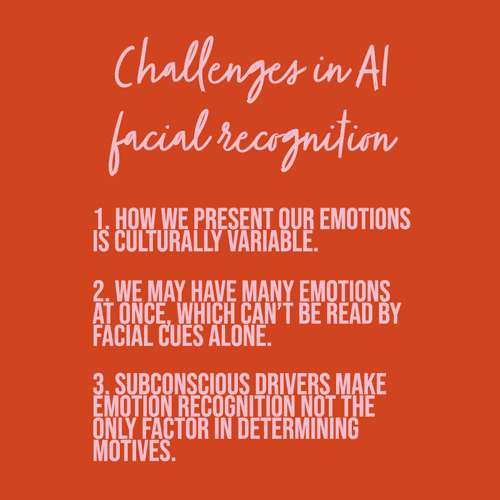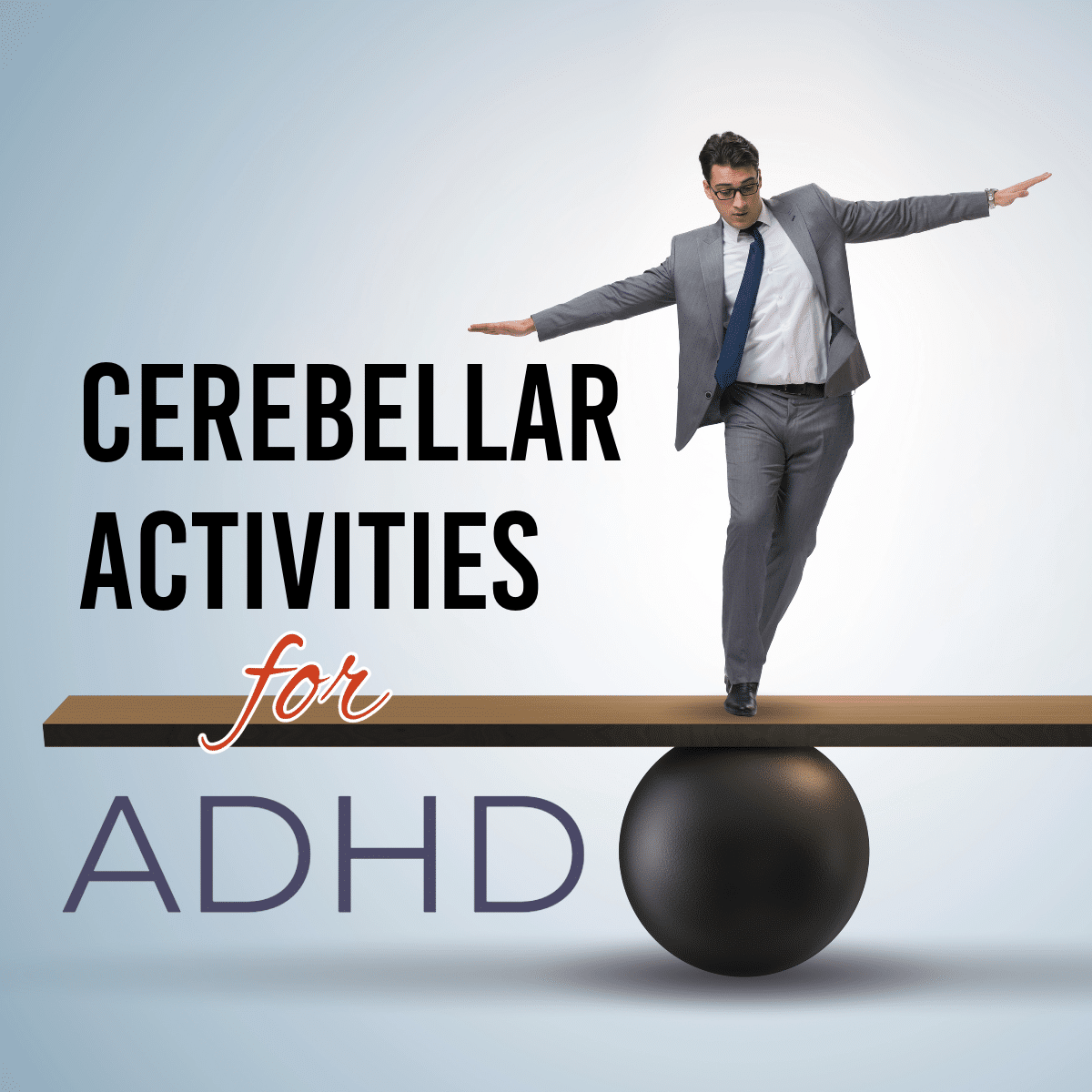- How we present our emotions is culturally variable
- We have many emotions at once which can’t be read by facial cues alone.
- Subconscious drivers make emotion recognition not the only factor in determining motives or future decisions.
AI is changing the way we think about mental health. It’s not just replacing human therapists; it’s also helping us understand our own minds better than ever before.
AI is transforming mental healthcare by providing new ways to diagnose and treat patients. But there are still many challenges ahead.
In this article, we’ll explore five ways AI could change mental healthcare.
In recent years, deep learning has become one of the hottest topics in artificial intelligence. This type of machine learning uses multiple layers of processing to analyze large amounts of data. It’s also known as “deep learning.”

If you are struggling with substance or alcohol use, depression, or anxiety, intensive outpatient may be right for you. Contact us at (888) 730-5220 or contact us to begin the process of healing today!

 Bruce Bassi
Bruce Bassi





